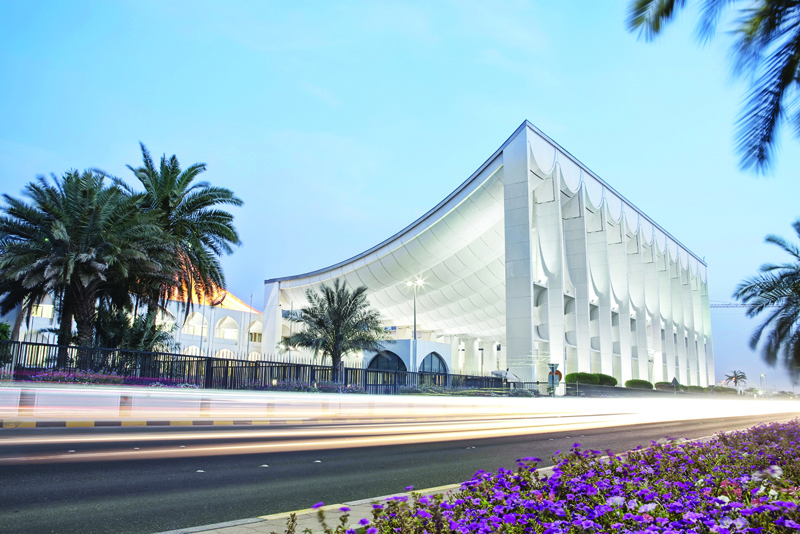 The National Assembly
The National AssemblyBy B Izzak
KUWAIT: The National Assembly committee on stateless people or bedoons yesterday discussed basic civil rights for thousands of bedoons with Interior Minister Sheikh Thamer Al-Sabah and head of the bedoons' central agency Saleh Al-Fadhalah. Head of the committee MP Marzouk Al-Khalifa said the minister expressed readiness to issue travel documents to bedoons who need medical treatment and education abroad.
But this needs legislation to allow the minister to issue such travel documents within the framework of the law, said Khalifa. The lawmaker said the committee plans to hold regular weekly meetings to debate how to provide bedoons their civil rights with various ministries and government agencies. He expressed hope that a number of legislations will be issued shortly to resolve this humanitarian issue.
Khalifa said that the committee also approved proposals to treat bedoon teachers, doctors and medical staff on equal footing with their counterparts from Gulf and Arab countries - especially with regards to wages and end of service indemnities. The panel also approved another proposal calling to allow bedoons who served in the army and the police force to stay at so-called popular houses provided free of charge by the government even after retirement.
In a related issue, MP Abdulkarim Al-Kandari yesterday asked Education Minister Ali Al-Mudhaf why the Ministry has recruited teachers from outside the country while there are Kuwaiti and bedoon graduates waiting for jobs in the country. In the meantime, MP Bader Al-Humaidi yesterday renewed calls for deporting expats who have records with the psychiatric hospital, saying they pose danger to society.
Humaidi said he had raised the issue several months ago, recalling that he had drawn the attention of authorities that about 37,000 expats have records at the psychiatric hospital. He had also called for deporting some of them. The lawmaker asked the Interior Minister how many of those expats had been deported. If the answer was negative, he asked the minister to state reasons for not deporting them even though they pose danger to society.










